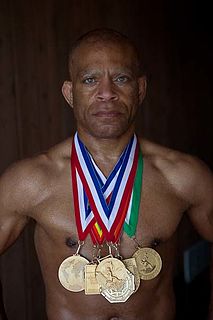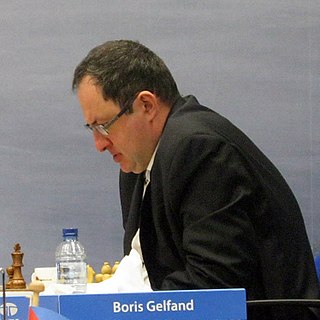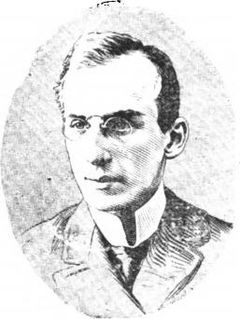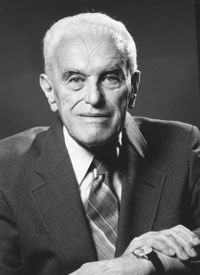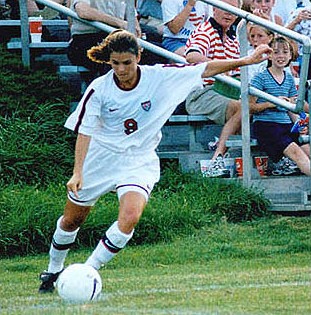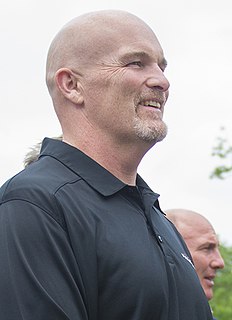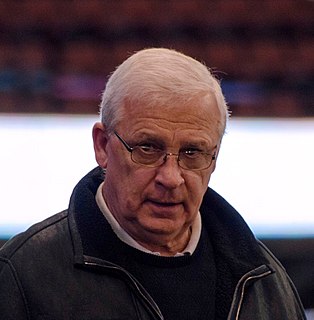A Quote by Edward Zwick
The most interesting thing to me in chess are not the gambits. Or the moves. It's the mental toughness.
Related Quotes
I love the competitive aspect of it [business]. It's like playing chess. Why do people play chess? Knowing the realm of moves? Even when you get to be a chess master, there are other chess masters you want to beat or outperform. And to me business is just a sport that I love to compete in; a continuous intellectual challenge that really motivates me.
Chess is more than a game or a mental training. It is a distinct attainment. I have always regarded the playing of chess and the accomplishment of a good game as an art, and something to be admired no less than an artist's canvas or the product of a sculptor's chisel. Chess is a mental diversion rather than a game. It is both artistic and scientific.
Well, I kind of split my life into two pieces. One was where my chess career lies. There, I kept my sanity, so to speak, and my logic. And the other was my religious life. I tried to apply what I learned in the church to my chess career too. But I still was studying chess. I wasn't just "trusting in God" to give me the moves.
I started playing chess when I was about 4 or 5 years old. It is very good for children to learn to play chess, because it helps them to develop their mental abilities. It also helps to consolidate a person's character, because as it happens both in life and in a chess game we have to make decisions constantly. In chess there is no luck and no excuses: everything is in your hands.



